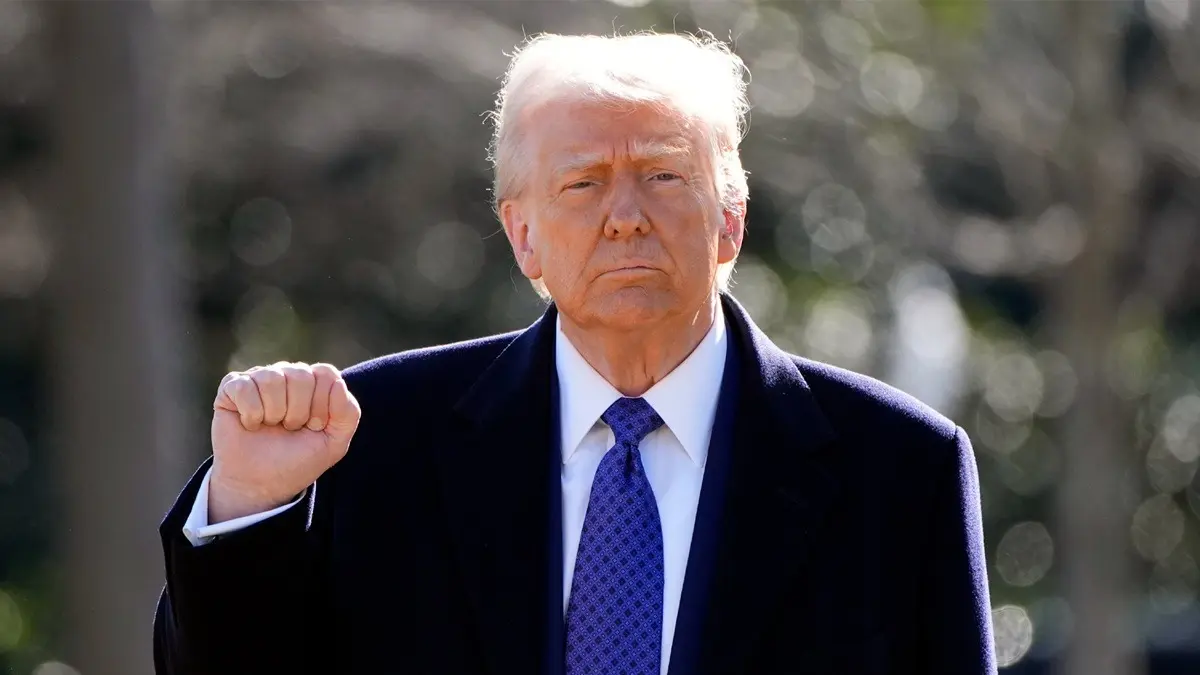Updated 30 May 2025 at 19:00 IST
Appeals Court Pauses Ruling That Struck Down Trump's Tariffs
This pause gives the appeals court time to review both sides’ arguments more thoroughly.
- World News
- 2 min read

A federal appeals court on Thursday put a temporary hold on a lower court ruling that had thrown out most of US President Donald Trump’s tariffs.
The U.S. Court of International Trade had ruled on Wednesday that Trump did not have the legal authority under the 1977 International Emergency Economic Powers Act (IEEPA) to impose broad retaliatory and reciprocal tariffs. The decision threatened to unravel much of the tariff framework Trump had established, raising alarm among the administration.
In response, the Trump administration filed an immediate appeal. Officials also suggested that if other courts didn’t act quickly, they could take the case directly to the Supreme Court.
What happened next
On Thursday, the U.S. Court of Appeals for the Federal Circuit issued a temporary stay of the trade court’s decision. This pause gives the appeals court time to review both sides’ arguments more thoroughly. As part of the process, the court instructed the plaintiffs in the case to submit their response by June 5, and for the government to reply by June 9.
Advertisement
Trump had criticised the original ruling
President had Trump criticized the original ruling in a post on Truth Social, writing:
"The ruling by the U.S. Court of International Trade is so wrong, and so political! Hopefully, the Supreme Court will reverse this horrible, Country threatening decision, QUICKLY and DECISIVELY."
Opponents respond
Oregon Attorney General Dan Rayfield, a Democrat whose office is leading the multi-state challenge against the tariffs, emphasized that Thursday’s stay was procedural:
Advertisement
"The administrative stay issued today simply gives the Court of Appeals more time to consider the important issues presented in our case," he wrote in a statement on X.
"It is not a ruling on the merits."
What’s at stake
The legal fight has thrown uncertainty over a key part of America’s trade policy. Trump’s tariffs, especially those aimed at China, had been a cornerstone of his economic strategy and remain central to Republican trade positions. With the appeals process underway, the final outcome could have major implications not just for U.S. trade law, but for global markets as well.
The pause also gives time for political and legal forces to weigh in more fully — and possibly for the Supreme Court to get involved, if asked.
Published By : Sagar Kar
Published On: 30 May 2025 at 19:00 IST
